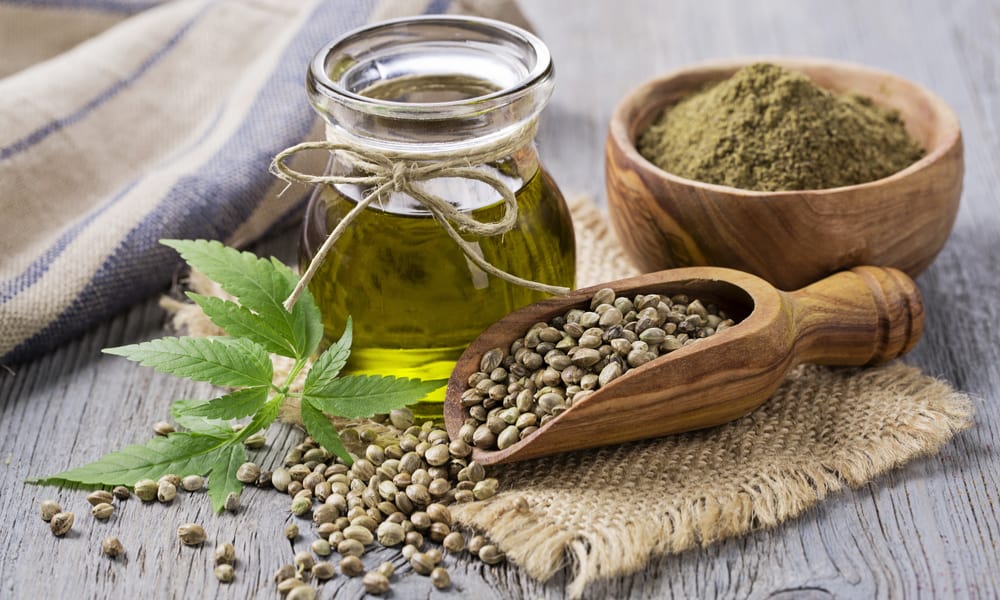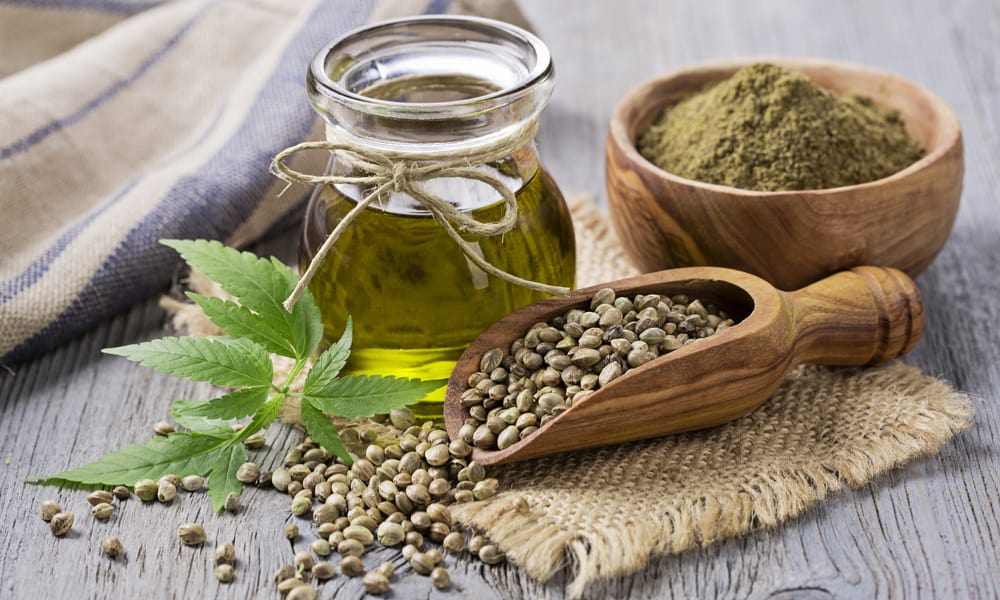
Researchers in Canada are recruiting volunteers to participate in a clinical trial to study the effects of hemp protein on hypertension. Peter Jones, the director of the Richardson Centre for Functional Foods and Nutraceuticals at the University of Manitoba, said that the study could lead to treatments for hypertension or high blood pressure that rely on foods instead of medicines. Previous studies at the university have shown that hemp protein can lower the blood pressure of lab rats with hypertension.
“People may be able to replace their dependency on drugs and move to a dietary approach to managing their high blood pressure,” Jones said.
Jones, who is the principal investigator for the research, noted that evolving public opinion about hemp has led to support for further research into the potential health benefits of the plant.
“People are more intrigued, it’s ok to do hemp now more so than it might have been a decade ago,” said Jones.
To conduct the study, 35 volunteers with high blood pressure will be divided into three groups who will take one of three protein supplements in a fruit smoothie twice a day. One group will get hemp protein, another hemp with peptides, and the control group’s smoothies will have casein, a protein derived from milk. The participants will not know which protein they are using and the two daily smoothies will be the only food they consume during three 42-day periods. The entire trial will last 22 weeks.
Amino Acid in Hemp Reduces Blood Pressure
Lead researcher Maryam Samsamikor, a Ph.D. candidate, said that hemp protein contains the amino acid arginine, which is known to reduce blood pressure.
“This amino acid is used by the body to make nitric oxide which is a molecule used to relax the body’s cells,” she said.
Jones said that the hemp with peptides will increase the amount of arginine exposure for that group of participants.
“We put a special enzyme in that is like a little Pacman and it goes in and takes that long strand of protein and essentially like a pair of scissors just snips it into what we call a polypeptide,” he said.
Participants’ blood pressure and several other health indicators will be tracked throughout the study. Samsamikor said that researchers hope to determine if the hemp protein leads to an improvement in the blood pressure readings.
“Their blood pressure should be within 130 to 160,” said Samsamikor.
The research is being sponsored by the University of Manitoba, the Heart and Stroke Foundation of Canada, and Manitoba Harvest, a producer of hemp seed. To qualify for the study, potential volunteers must be non-smoking men or women between 18-75 with high blood pressure. Volunteers must live within a 45-minute drive of the research center in Winnipeg. More information can be obtained by calling 204-474-9989 or emailing hempproteinstudy@umanitoba.ca.











